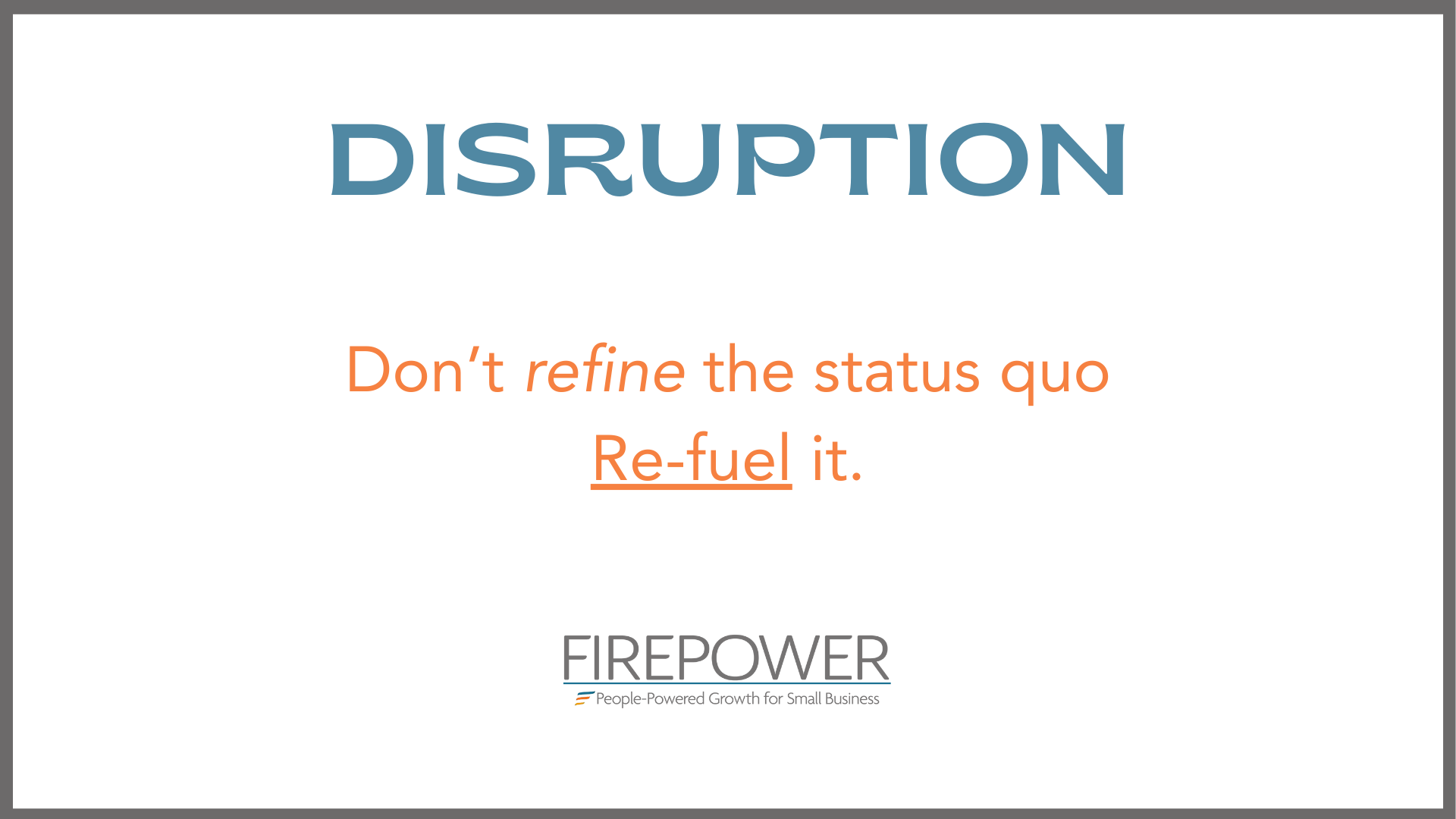A Conversation About Work
By Maria Forbes, FIREPOWER Teams
October 20, 2020
Labor Day, 2020; 9:30 a.m. Two men exchange greetings outside of the Brooklyn Bagel Bakery in Johns Creek.
Remarking that he had not seen his friend in awhile, one proclaimed, “Hey, how are you?” “Okay, how are you?” “Doing fine. Are you still looking for work?” “Yeah, I am. It’s really tough out there.”
Labor Day midst a pandemic seemed surreal, dividing the “haves,” as in, “I still have a job,” from the “have nots,” those seeking work.
In a few agonizing months, we morphed from record employment to record joblessness, near 15 percent in April 2020. As the economy continued to recover, by Labor Day the unemployment rate had fallen to 8.4 percent. But if you are looking for work, your personal unemployment rate is 100 percent!
“Work” means many things. Some people have a job, but they aren’t happy. According to a pre-COVID-19 2018 Gallup poll, only 33 percent of American workers were engaged in their jobs. Of the remaining employees, 51 percent were disengaged, showing up but going through the motions, the TGIF cohort; 16 percent were actively disengaged, seeking another job or early retirement.
Millennials, ranging in age from 24 to 39 in 2020, an ever-increasing percentage of the workforce, are especially prone to job hopping in normal times. A 2016 Gallup survey showed that 60 percent of those queried were open to different job opportunities, and only half of those planned to be with their company a year later. Movement decreases when times are tough, but “work force engagement” continues as a critical area for company productivity and profitability.
When unemployment increases, politicians move to help those out of work. The pandemic-driven job rout has strengthened conversations about Universal Basic Income. Andrew Yang proposed the government give every American age 18 or older $12,000 a year, financed by a European-style 10 percent value added tax, a “national sales tax” of sorts, in addition to replacing “duplicative social-welfare spending.” He called his plan a Freedom Dividend Fund, underwriting those who work, work part time, work unpaid as a homemaker, those who can’t work due to physical or health impairment, and those unwilling to work.
Some economists worry about incentives not to work as a drag on the economy. A national sales tax of 10 percent, plus state and local sales taxes (10 percent + 8.9 percent in Fulton County =18.9 percent) would boost the cost of living, offset to some degree by the $12,000 before taxes. Real world economics gets messy!
Work without meaning is an exercise in disengagement, detrimental to your pursuit of financial independence. Jim Collins, author of “Good to Great: Why Some Companies Make the Leap…and Others Don’t,” said, “It’s very difficult to have a meaningful life without meaningful work.” Many of those coming out of college, as well as non-college graduates, want more than a job, they want a cause. They want to be part of something, so what they do contributes to society.
Employers, as you strategize your post-pandemic “new normal,” recognize that “human capital management” is as critical to enterprise success as financial capital management. Maria C. Forbes, Chief Engagement Officer, FIREPOWERteams.com, Atlanta, emphasizes, “Understanding how one’s contributions impact the bigger picture is not a generational issue, it’s a people issue! People want to feel valued, to have a voice in the success of your organization, knowing their investment of time and energy means more than just a paycheck. Every member of your team needs to know that your organization will encourage their creativity and development, supporting them in a manner that will avoid boredom and burn-out, and integrate their unique contributions to the business growth plan.”
Fyodor Dostoyevsky (1821-1881), Russian writer and philosopher, declared, “Deprived of meaningful work, men and women lose their reason for existence.” His pythonic musings should be kept in mind as some in America propose socialist solutions to knotty problems. Top down, bureaucratic, centrally planned communist and socialist economic schemes squash purpose and meaning, leading to societal and economic rot.
The late Stephen Hawking proclaimed, “Work gives you meaning and purpose, and life is empty without it.” Energy-enhancing work translates into financial freedom. Here’s to your success!
Lewis Walker, CFP®, is a financial life planning strategist at Capital Insight Group; 770-441-3553;lewis@lewwalker.com. Securities & advisory services offered through The Strategic Financial Alliance, Inc. (SFA). Lewis is a registered representative and investment adviser representative of SFA, otherwise unaffiliated with Capital Insight Group. He’s a Gallup Certified Clifton Strengths Coach and Certified Exit Planning Advisor.





